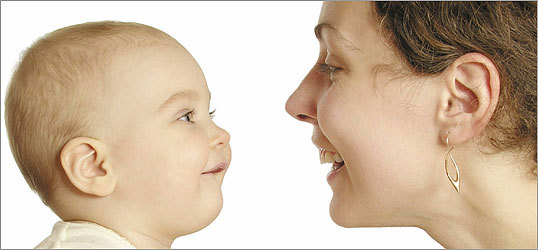Care.com
Live Science: What happens when a baby takes its first breath?
Two blood vessels unique to fetuses disappear
Within seconds of birth, a baby takes in its own oxygen for the first time. For that to happen, their tiny lungs and circulatory system have to transform in a matter of seconds. So how does a tiny human manage to take what could be the most challenging breath of its life just seconds after birth?
First, it helps to understand how the circulatory system — specifically, the lungs and heart — work in utero. The lungs don't provide oxygen to the fetus during gestation. Instead, they are partially collapsed and filled with liquid during development while the baby gets oxygen through the umbilical cord from the placenta, according to the Texas Heart Institute.
Read more ....
CSN Editor: The miracle of life is truly amazing.



















